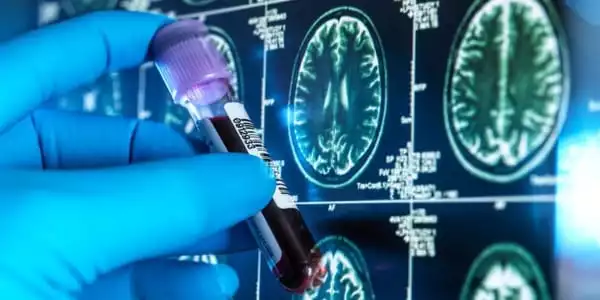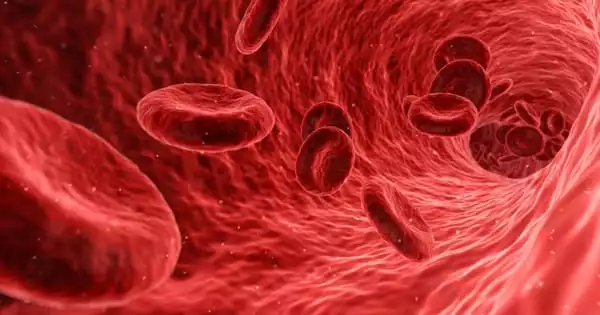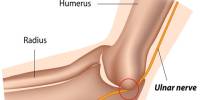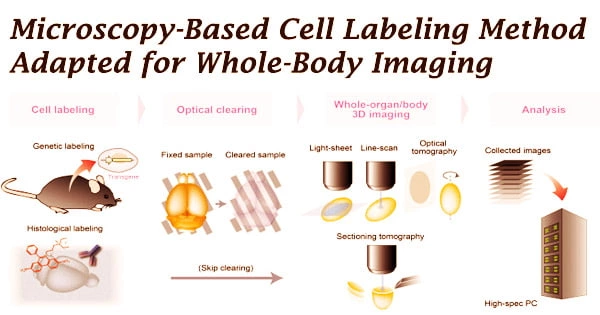Researchers from the DZNE and the University Medical Center Göttingen (UMG) have discovered molecules in the blood that can signal the onset of dementia. Their findings, published in the journal EMBO Molecular Medicine, are based on human studies and laboratory experiments. The investigations also included a number of university hospitals from across Germany.
The biomarker described by the team led by Prof. André Fischer is based on measuring microRNA levels. The technique is not yet ready for clinical use; therefore, the researchers hope to develop a simple blood test that can be used in routine medical care to assess dementia risk. According to the findings of the study, microRNAs could be used as therapeutic targets for dementia.
“When dementia symptoms appear, the brain has already been severely damaged. Currently, diagnosis occurs far too late to allow for effective treatment. If dementia is detected early, the chances of positively influencing the disease’s course increase “According to André Fischer, research group leader and spokesperson at the DZNE site in Göttingen and professor at the UMG Department of Psychiatry and Psychotherapy.
“We require tests that, ideally, respond before the onset of dementia and accurately predict the risk of later disease. In other words, tests that provide a heads-up. We are confident that the findings of our current study will pave the way for such tests.”
Molecules in the blood that can indicate impending dementia. The biomarker is based on measuring levels of so-called microRNAs. According to the study data, microRNAs could potentially also be targets for dementia therapy.
Prof. André Fischer
Molecular Signature
Fischer and his colleagues discovered the biomarker by measuring so-called microRNAs in the blood. MicroRNAs are molecules with regulatory properties: they influence protein production, which is a critical process in the metabolism of all living things. “There are numerous microRNAs, and each of them has the ability to regulate entire networks of interdependent proteins, influencing complex processes in the organism. As a result, microRNAs have a broad impact. We wanted to see if there are any specific microRNAs in the blood that correlate with mental fitness “Fischer explains.
The researchers identified three microRNAs whose levels were associated with mental performance after extensive research in humans, mice, and cell cultures. They did this by analyzing data from both young, cognitively normal people and elderly people with mild cognitive impairment (MCI). The Göttingen researchers collaborated with Munich University Hospital to collect data from healthy individuals. The MCI patients’ data came from a DZNE study that has been going on for years and involves university clinics all over Germany.

Omens of Dementia
Finally, the various findings fit together like puzzle pieces: MicroRNA levels in healthy people were found to be related to mental fitness. The subjects performed better in cognition tests when their blood levels were lower. In mice, this score increased even before the rodents began to show signs of mental decline, regardless of whether this was due to age or symptoms similar to Alzheimer’s dementia.
Patients with MCI provided additional evidence: of those with highly elevated blood markers, approximately 90% developed Alzheimer’s disease within two years. “As a result, we see an increase in blood levels of these three microRNAs as a sign of dementia,” Fischer says. “We estimate that in humans, this biomarker indicates a development that will occur in the next two to five years.”
Potential Targets for Therapy
The researchers discovered that the three identified microRNAs influence inflammatory processes in the brain as well as “neuroplasticity,” or the ability of neurons to form connections with one another, in their studies on mice and cell cultures. This suggests that the three microRNAs are more than just alarm clocks.
“They, in our opinion, are not only markers but also have an active role in pathological processes. As a result, they are potential therapeutic targets “Fischer explains. “Indeed, when these microRNAs are inhibited with drugs, learning ability improves in mice. This has been observed in mice with age-related mental deficits as well as mice with brain damage similar to Alzheimer’s disease.”
Application in Routine Care
The novel marker still needs to be tested further, and the current measurement procedure is too complicated for practical use: “We hope to validate this biomarker clinically in future studies. Furthermore, we intend to create a simple test procedure for point-of-care screening “Fischer explains.
“Our goal is to develop a low-cost test similar to the rapid test for SARS-CoV-2, with the exception that for our purposes, a drop of blood would be required. A test like this could be used during routine checkups in doctors’ offices to detect an increased risk of dementia early on. Individuals with suspicious results may be subjected to more extensive testing.”
















